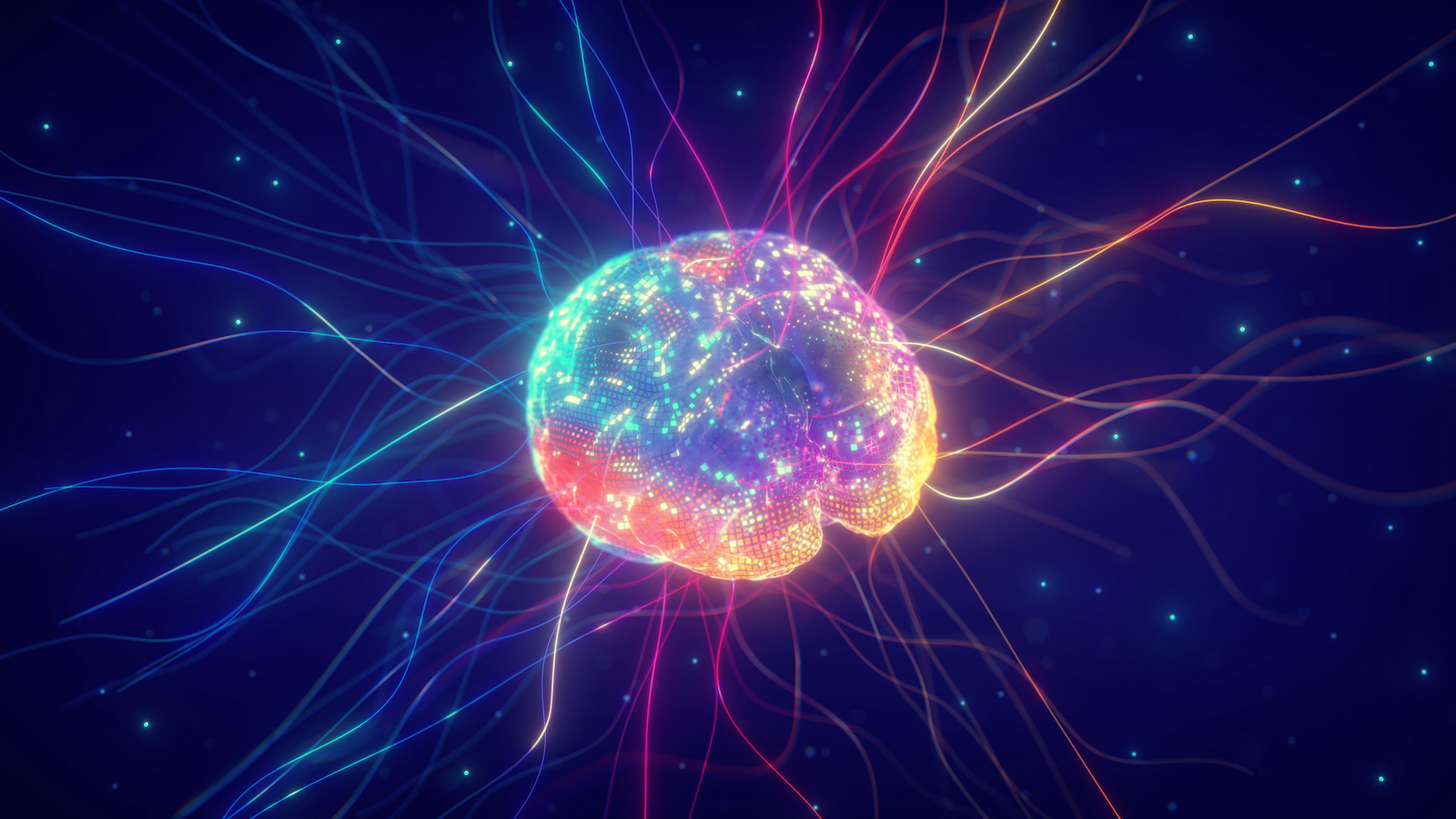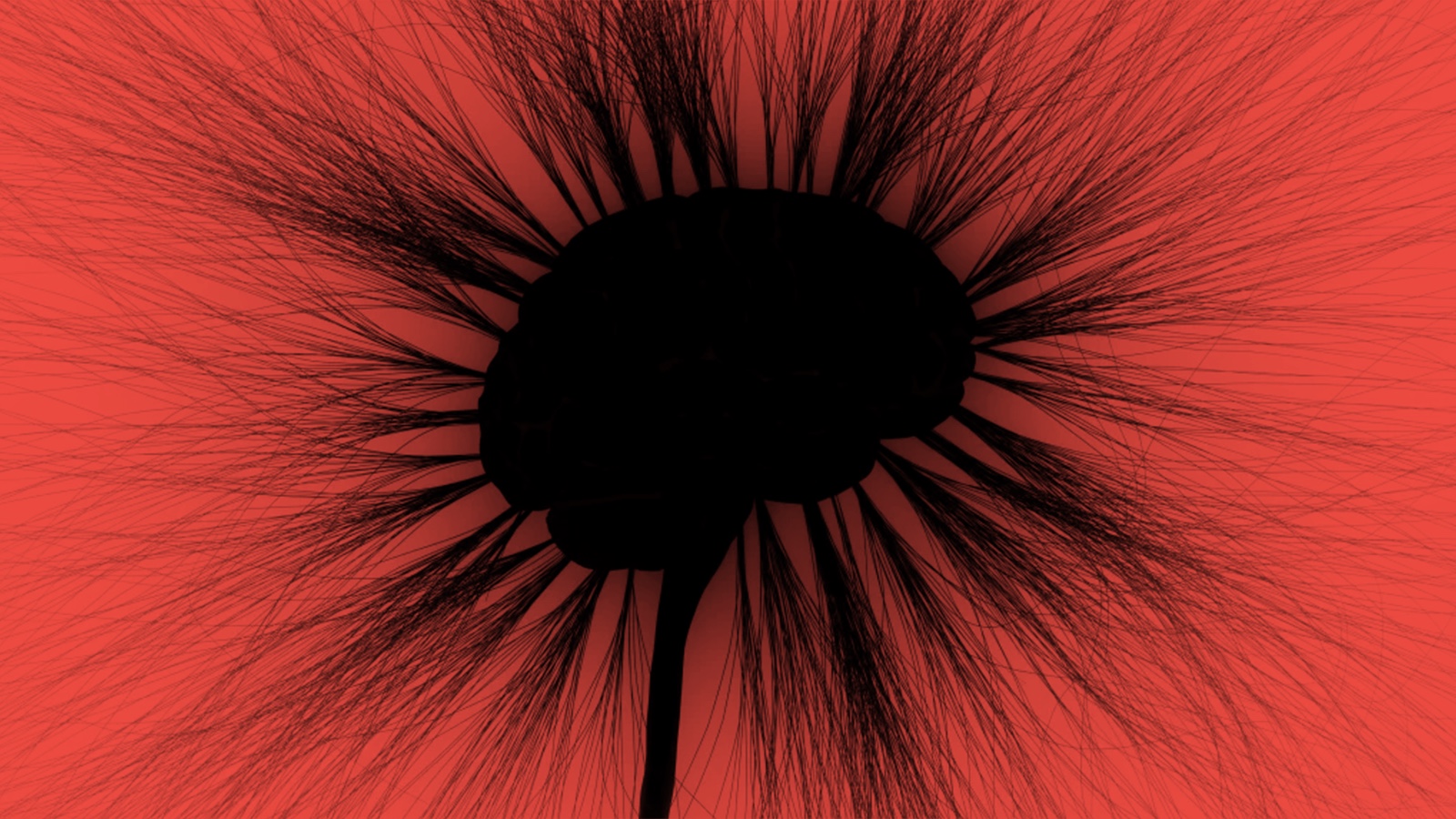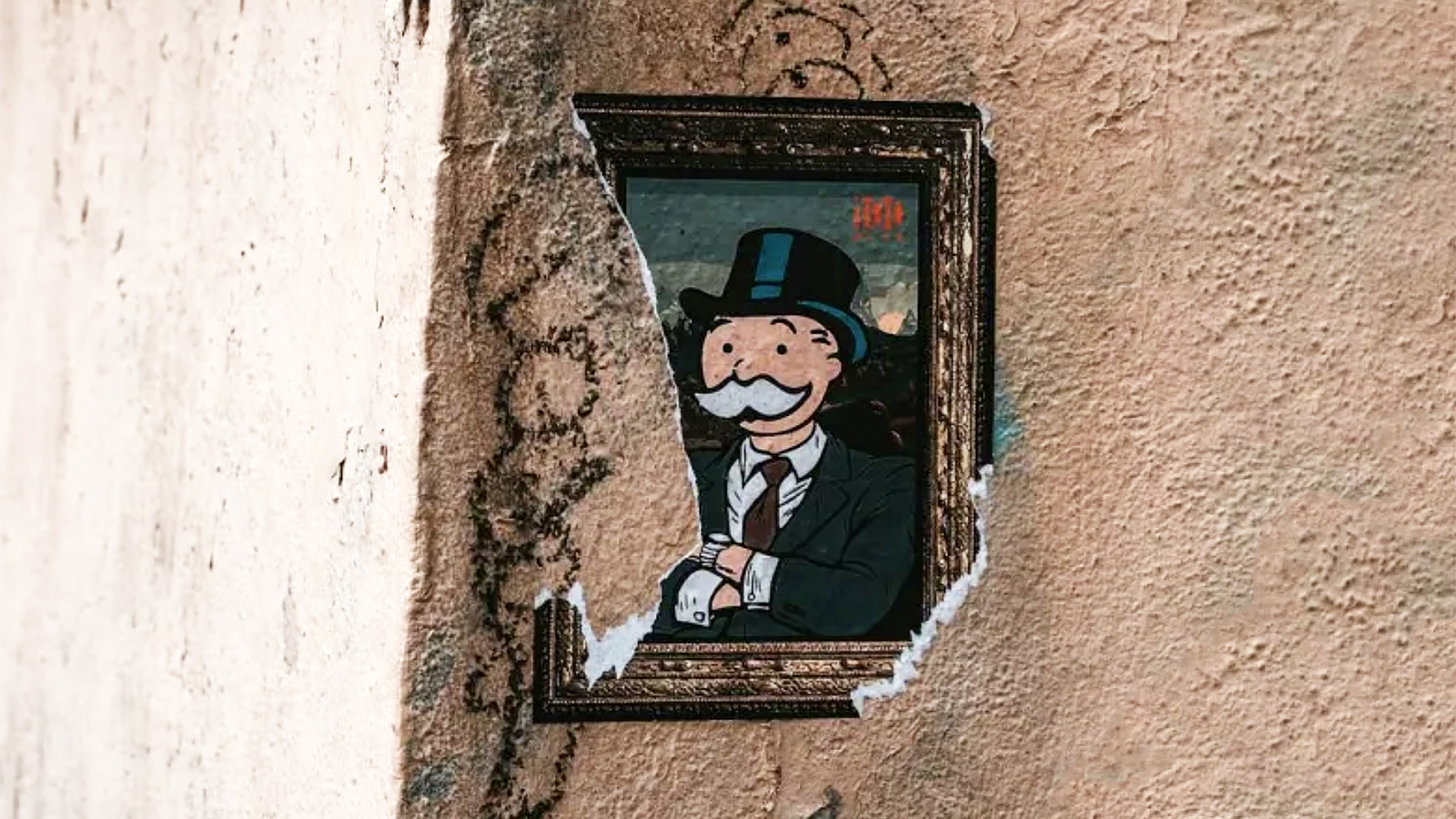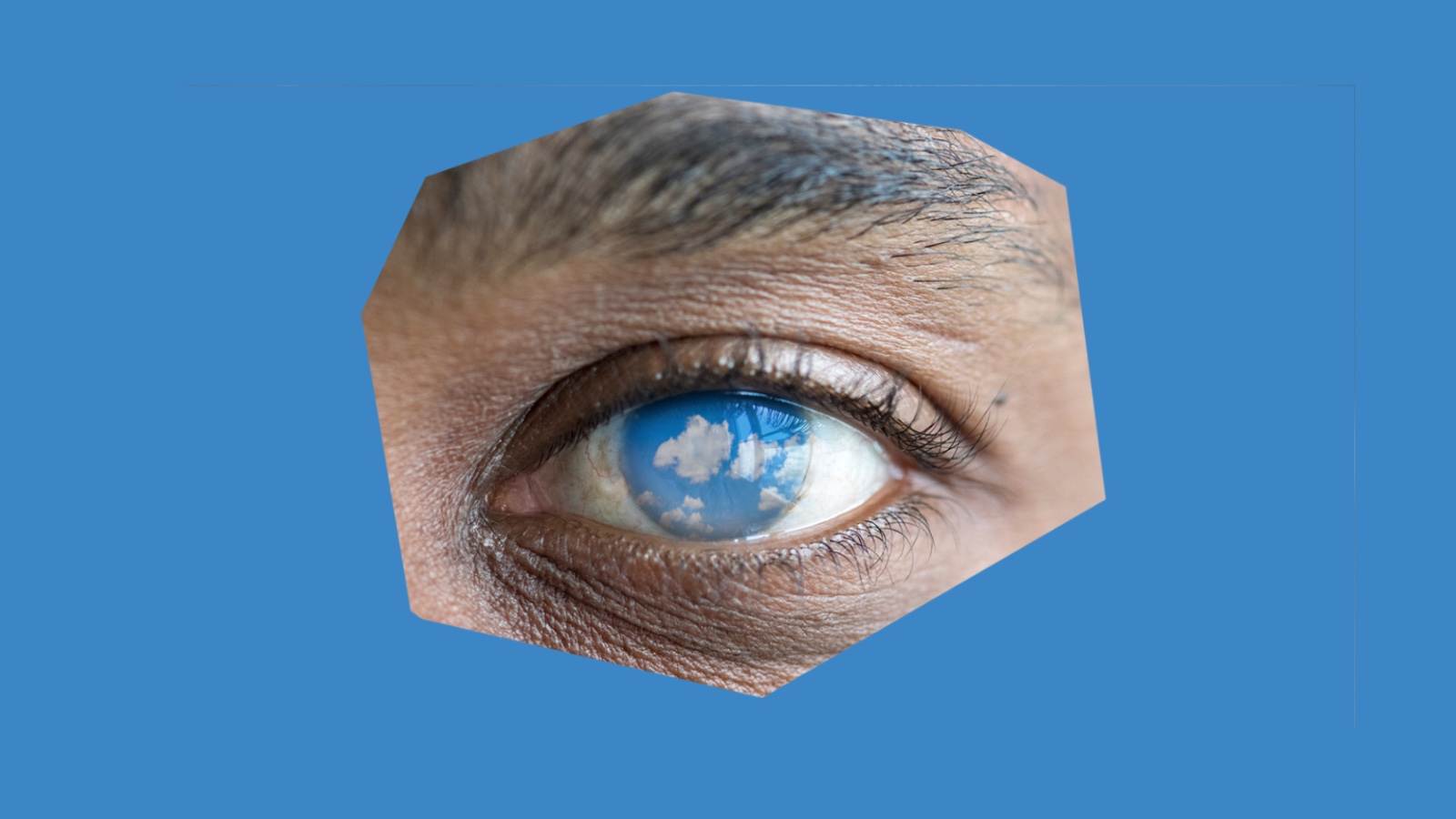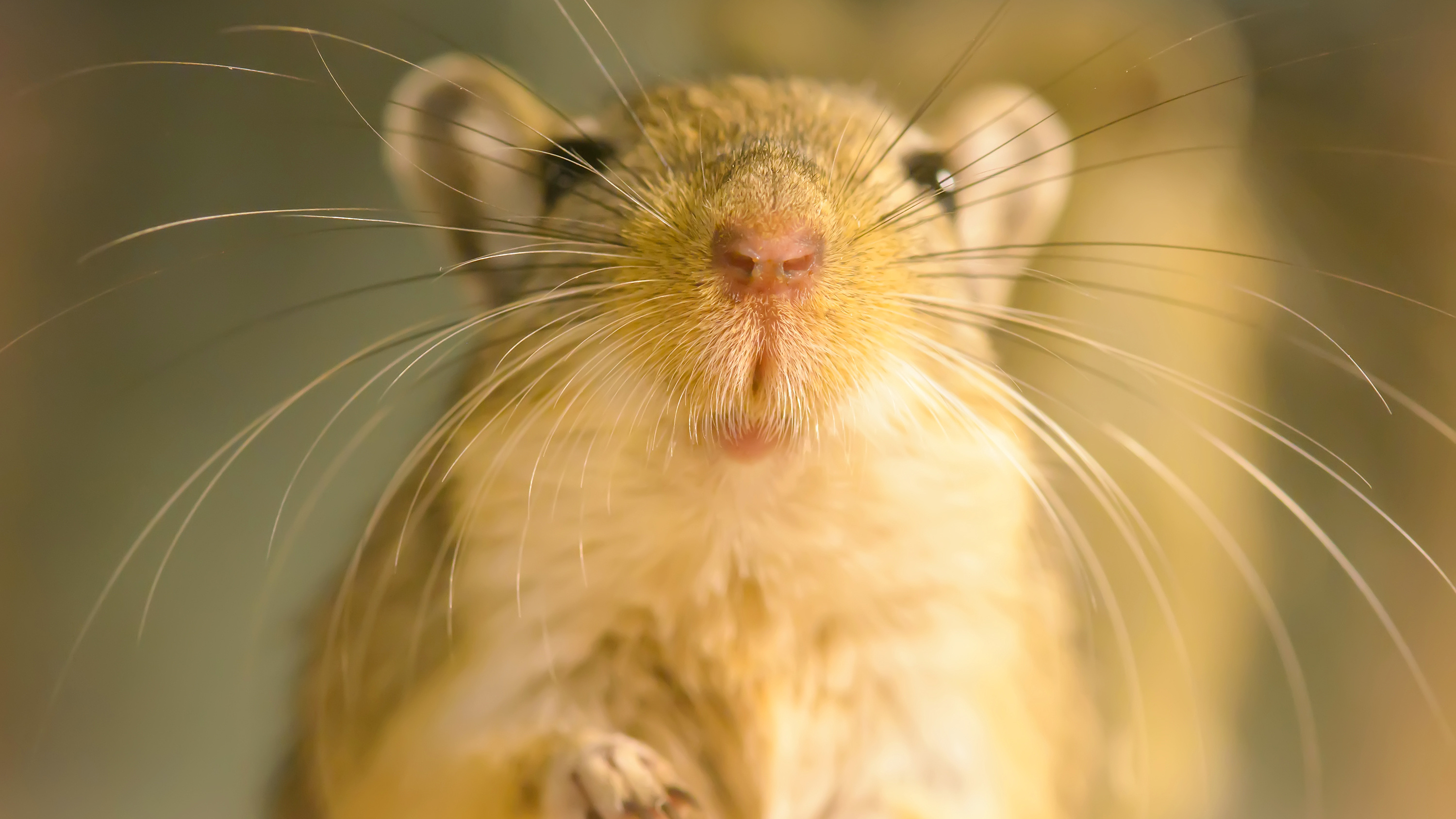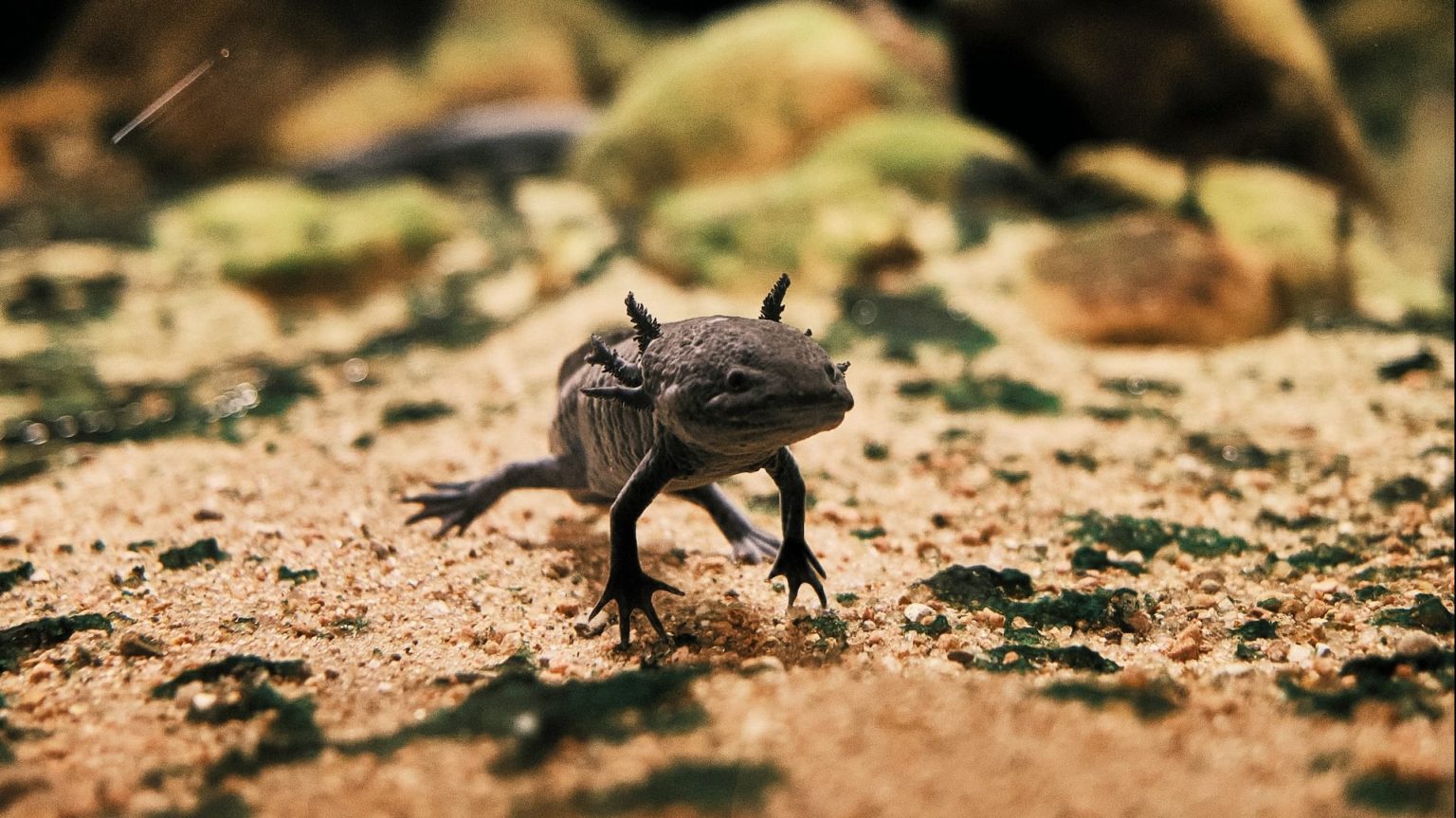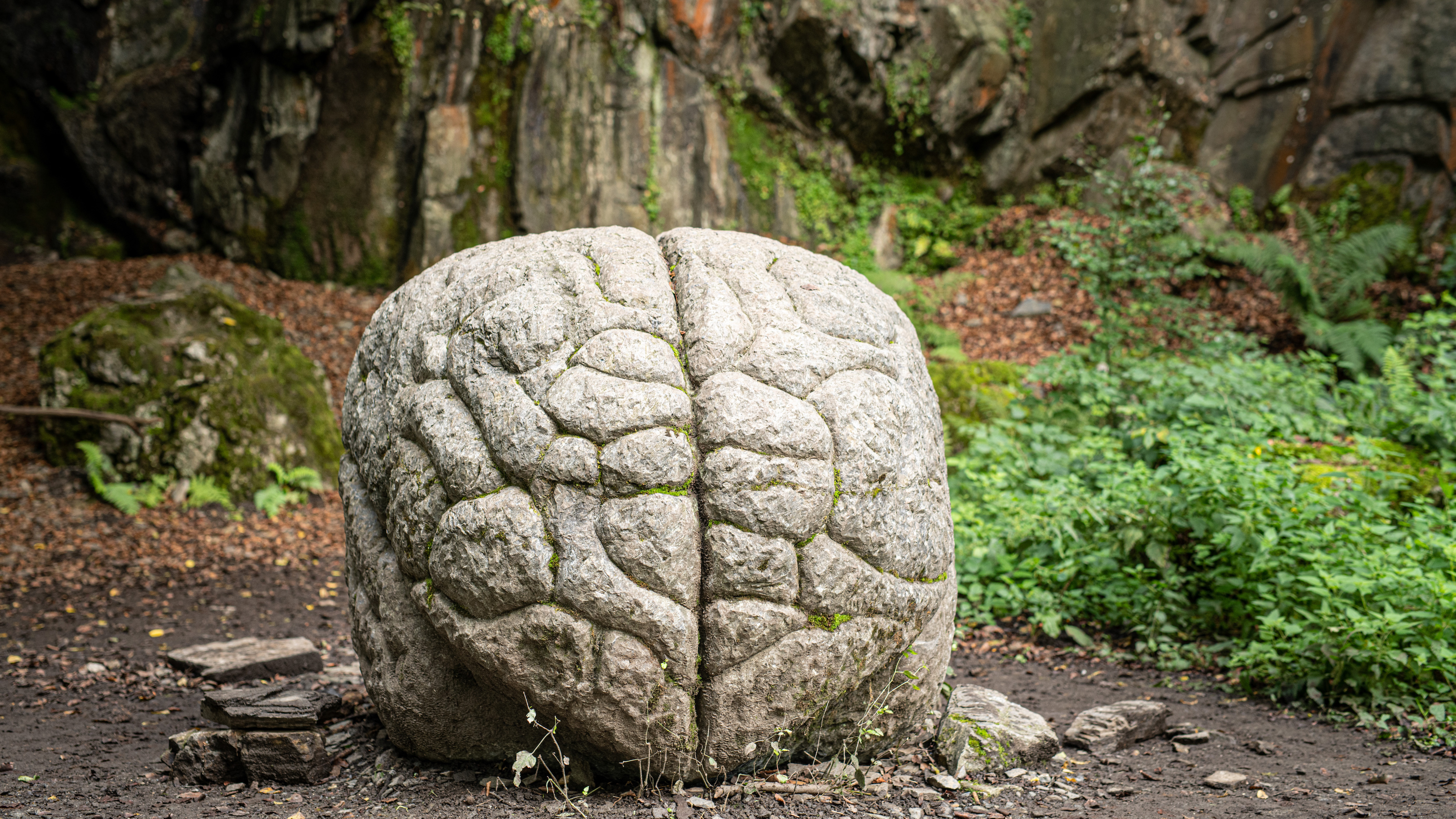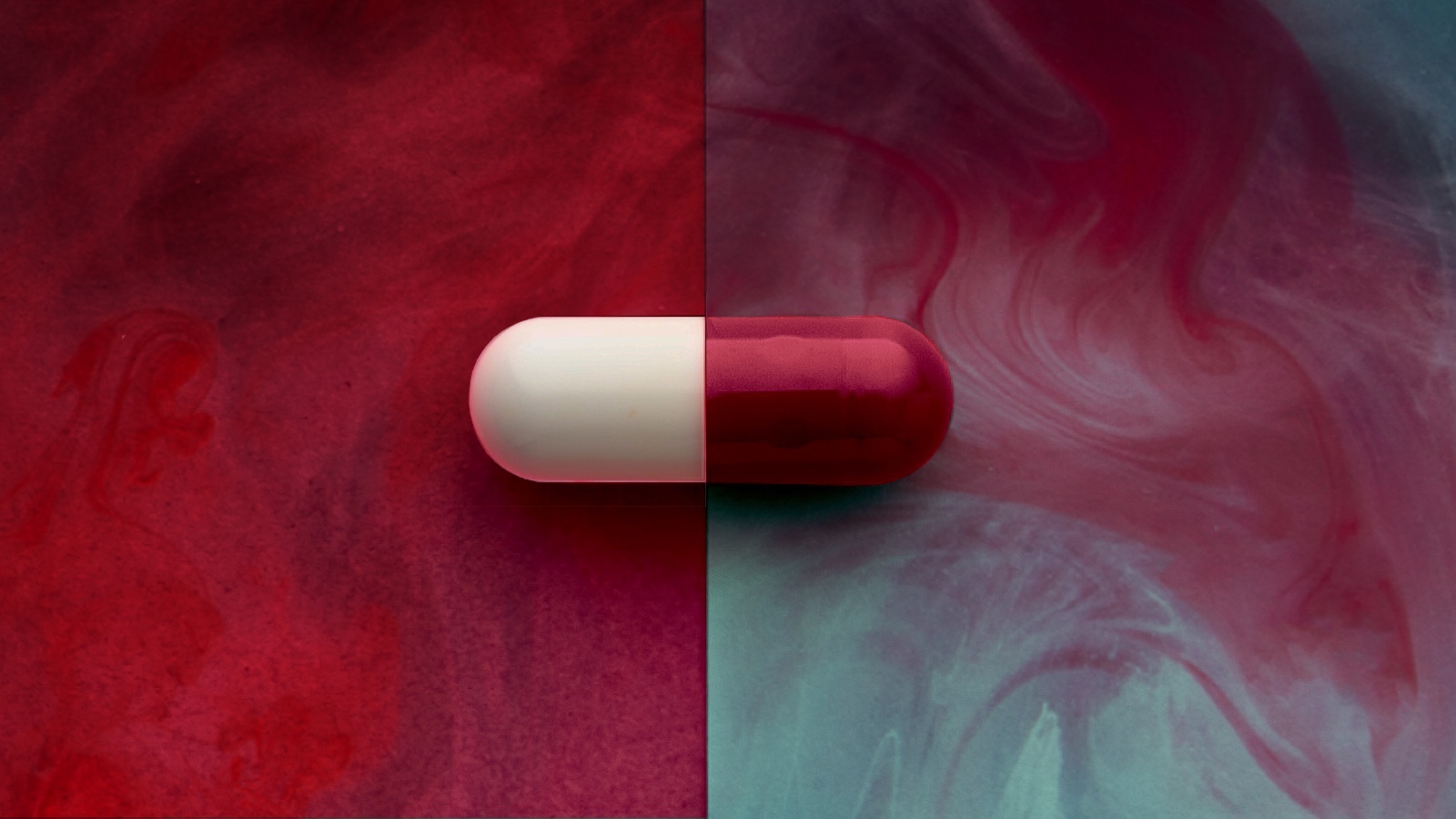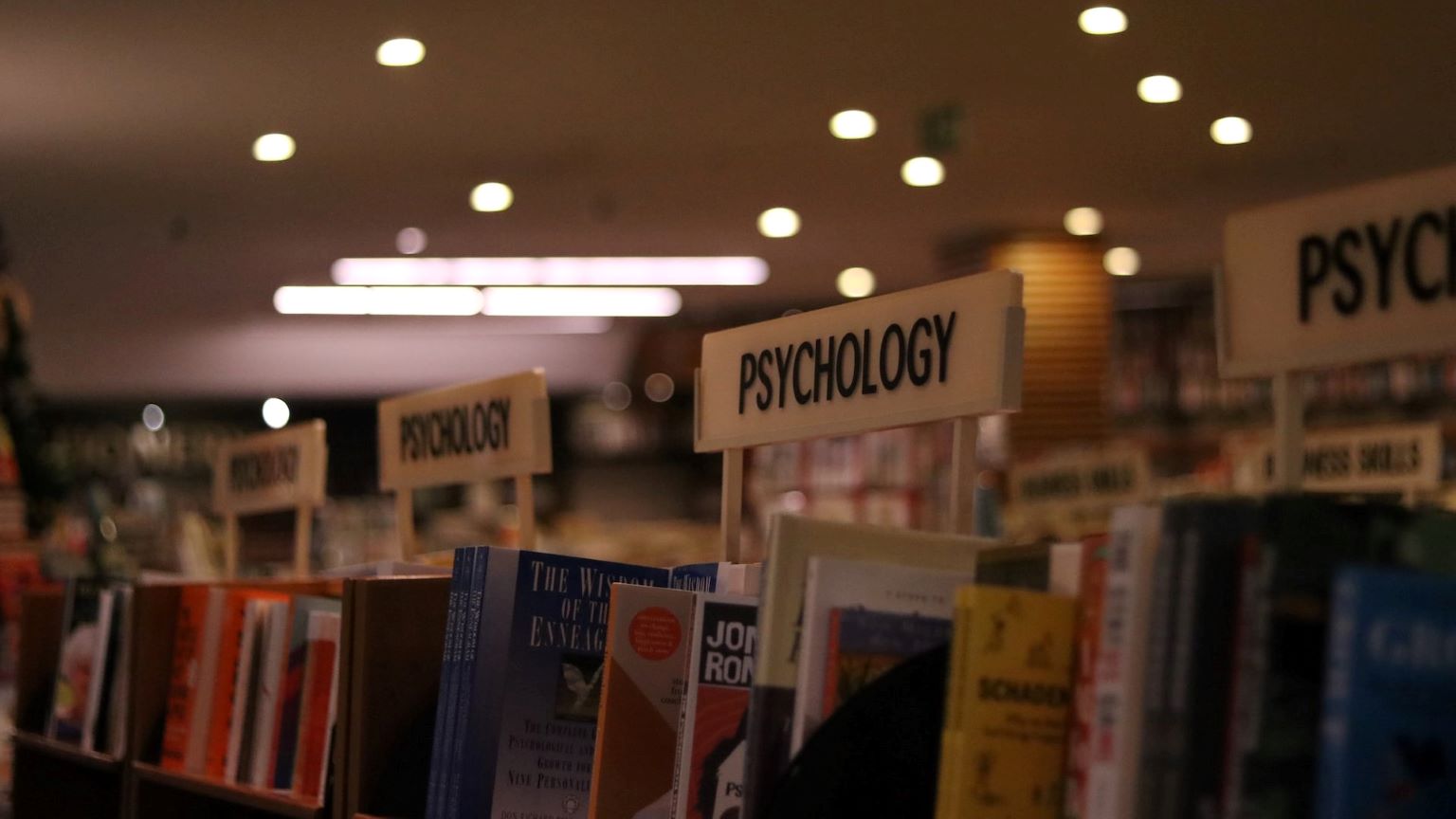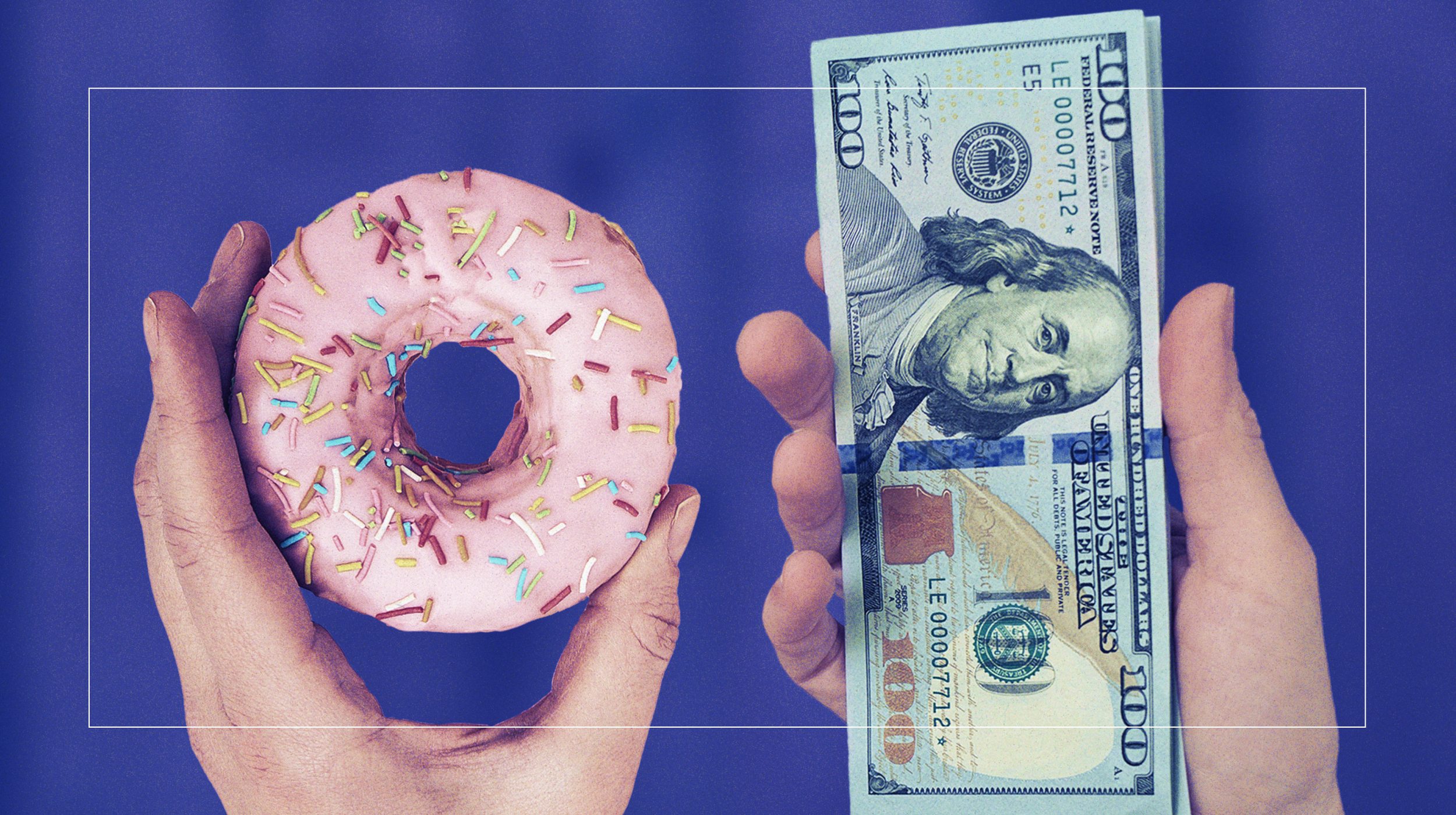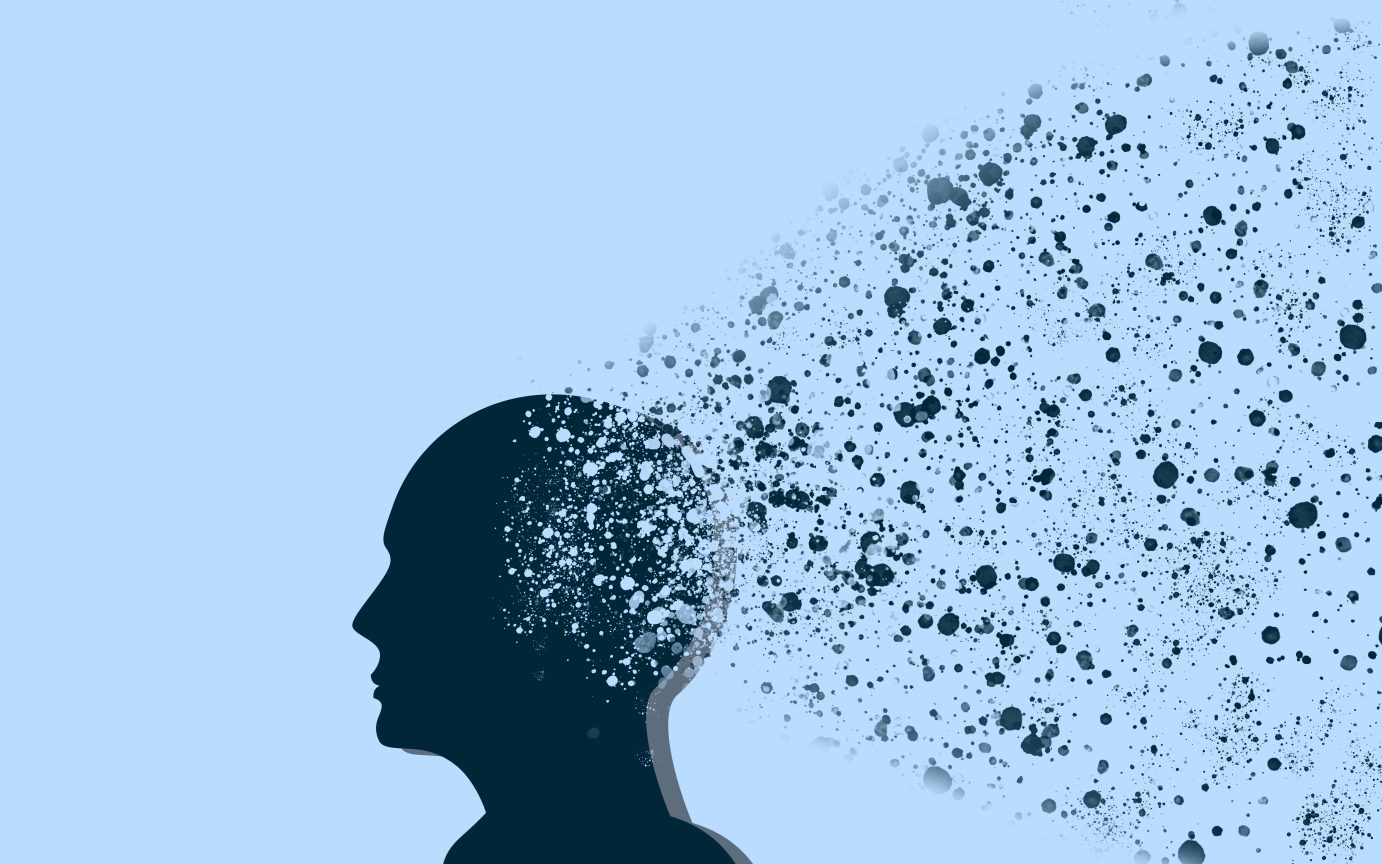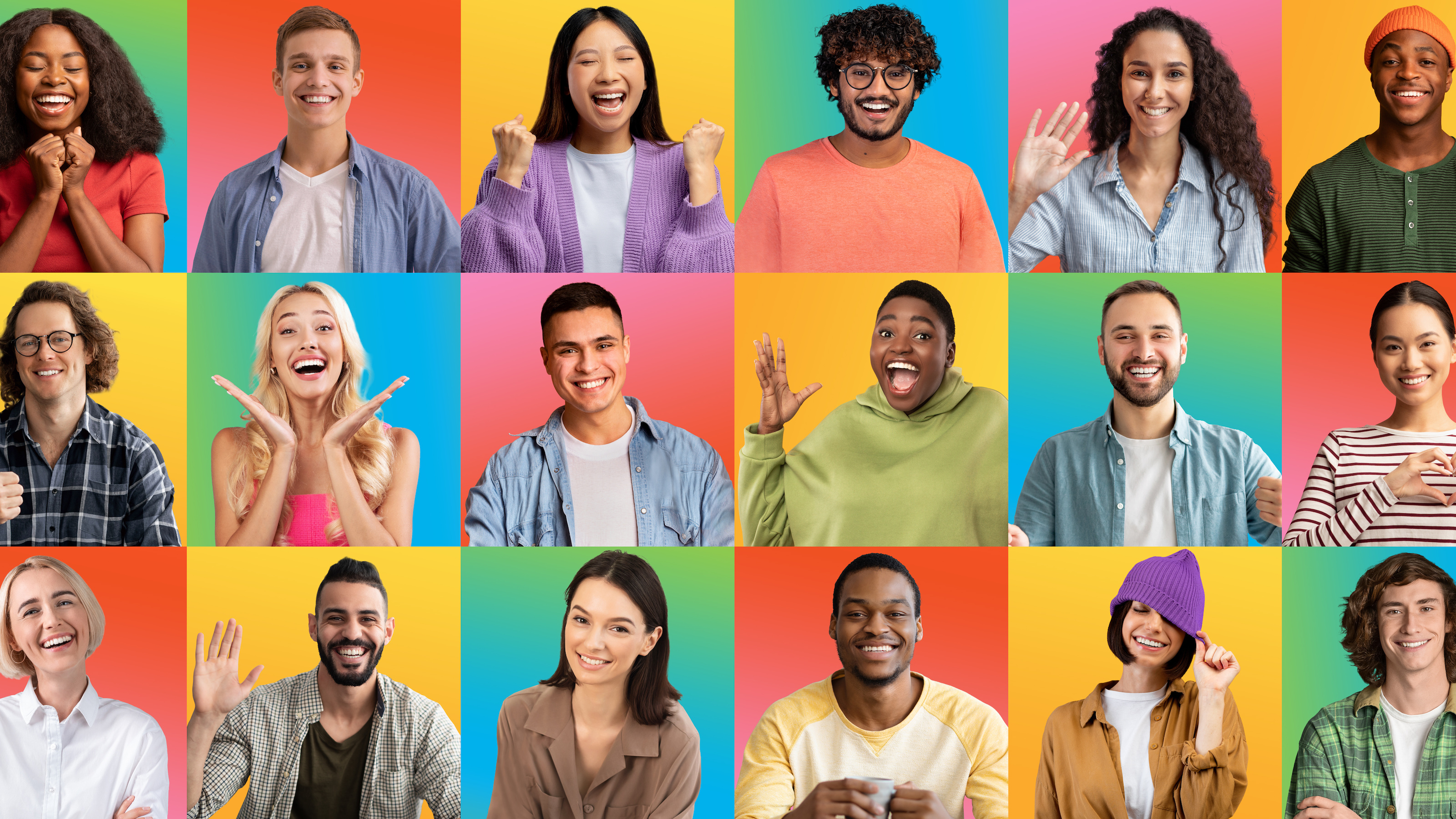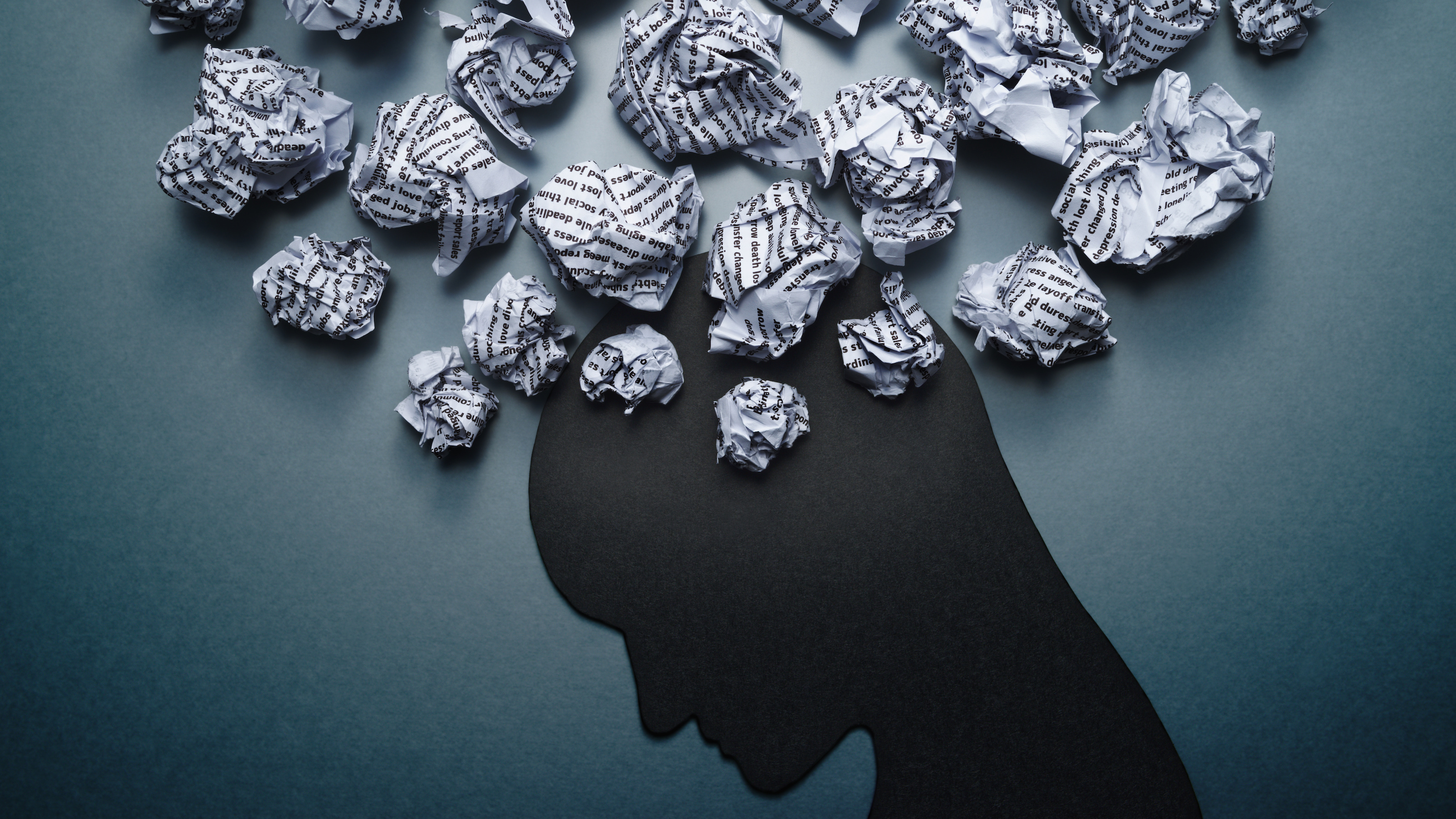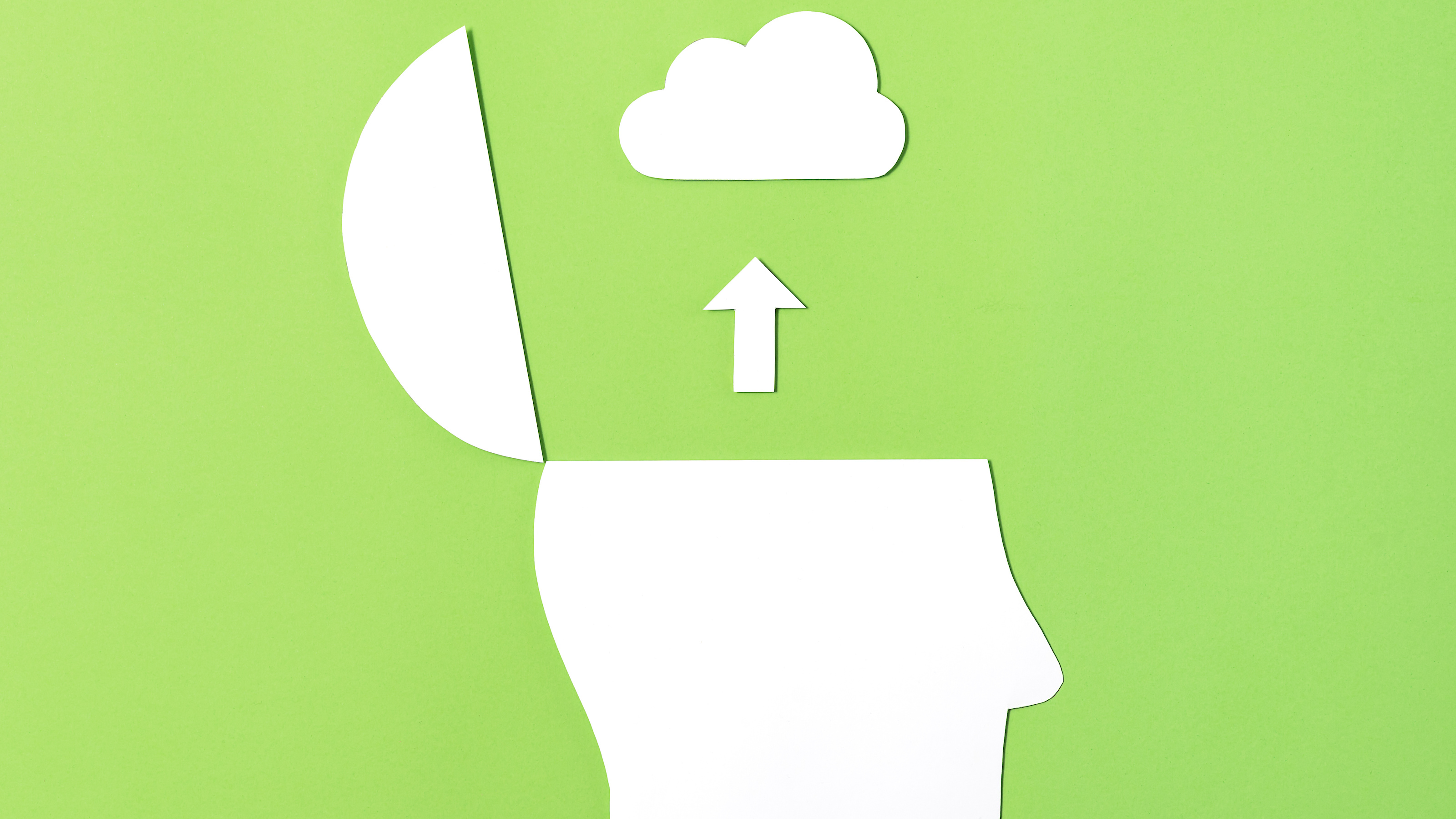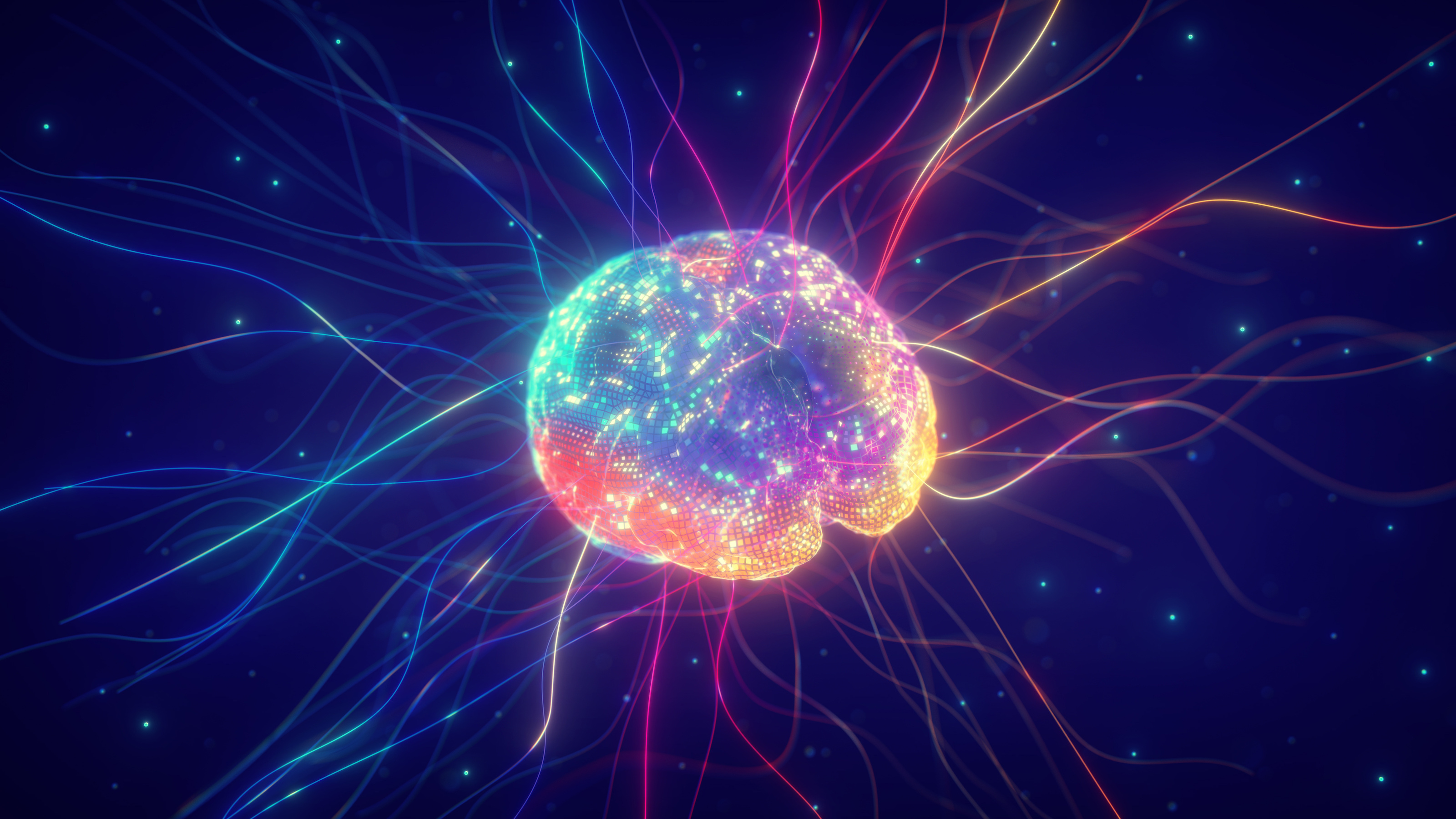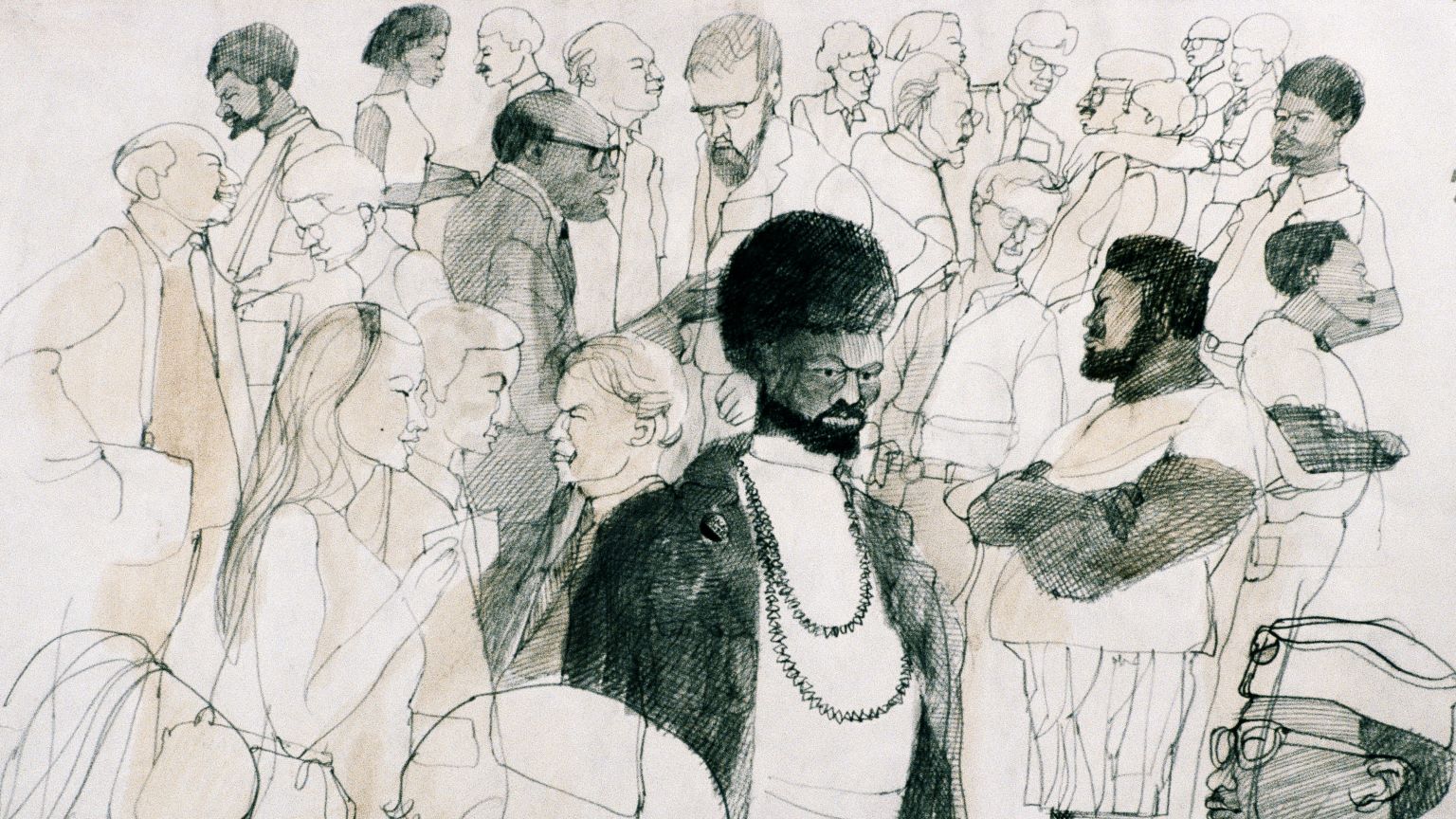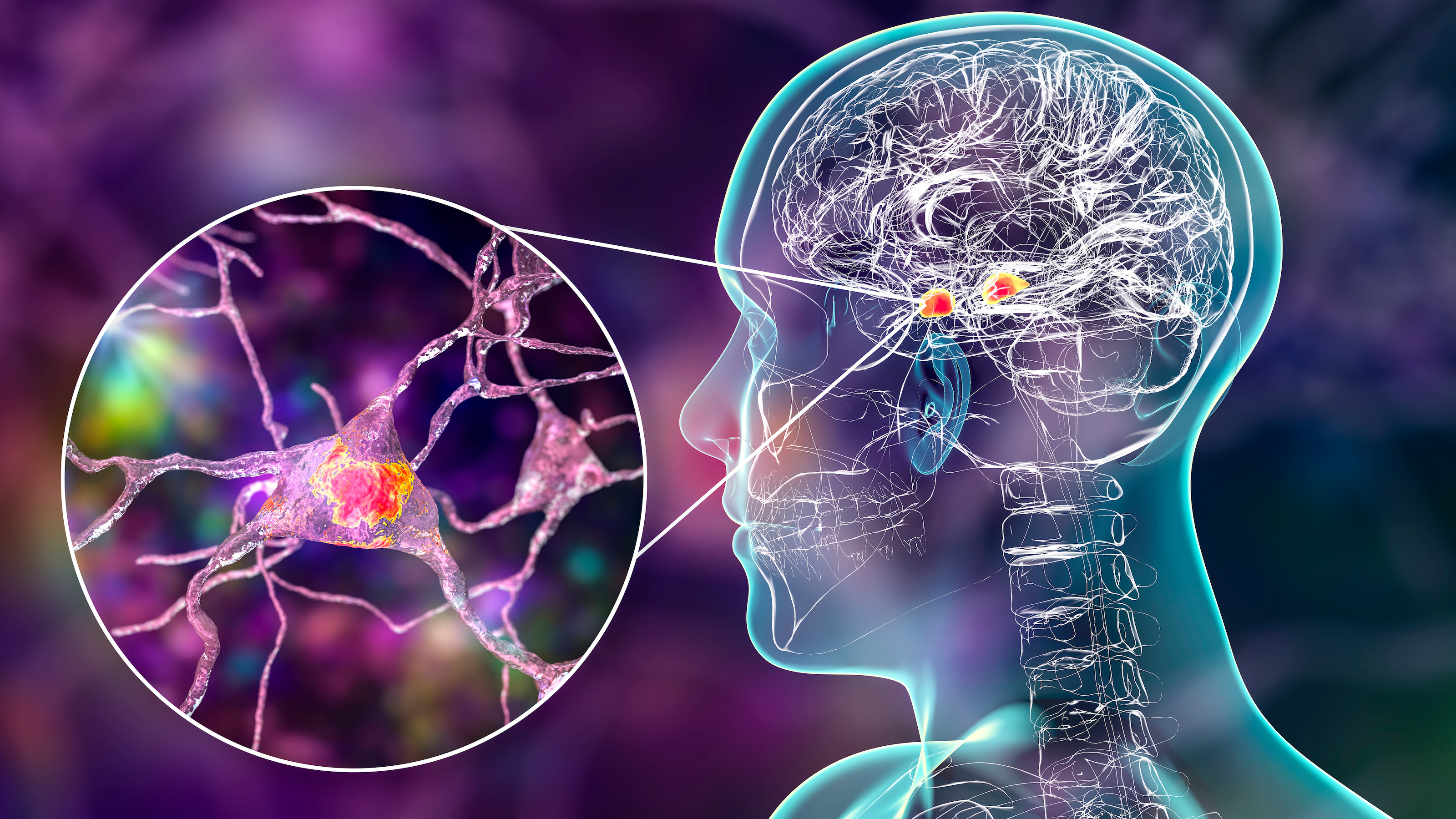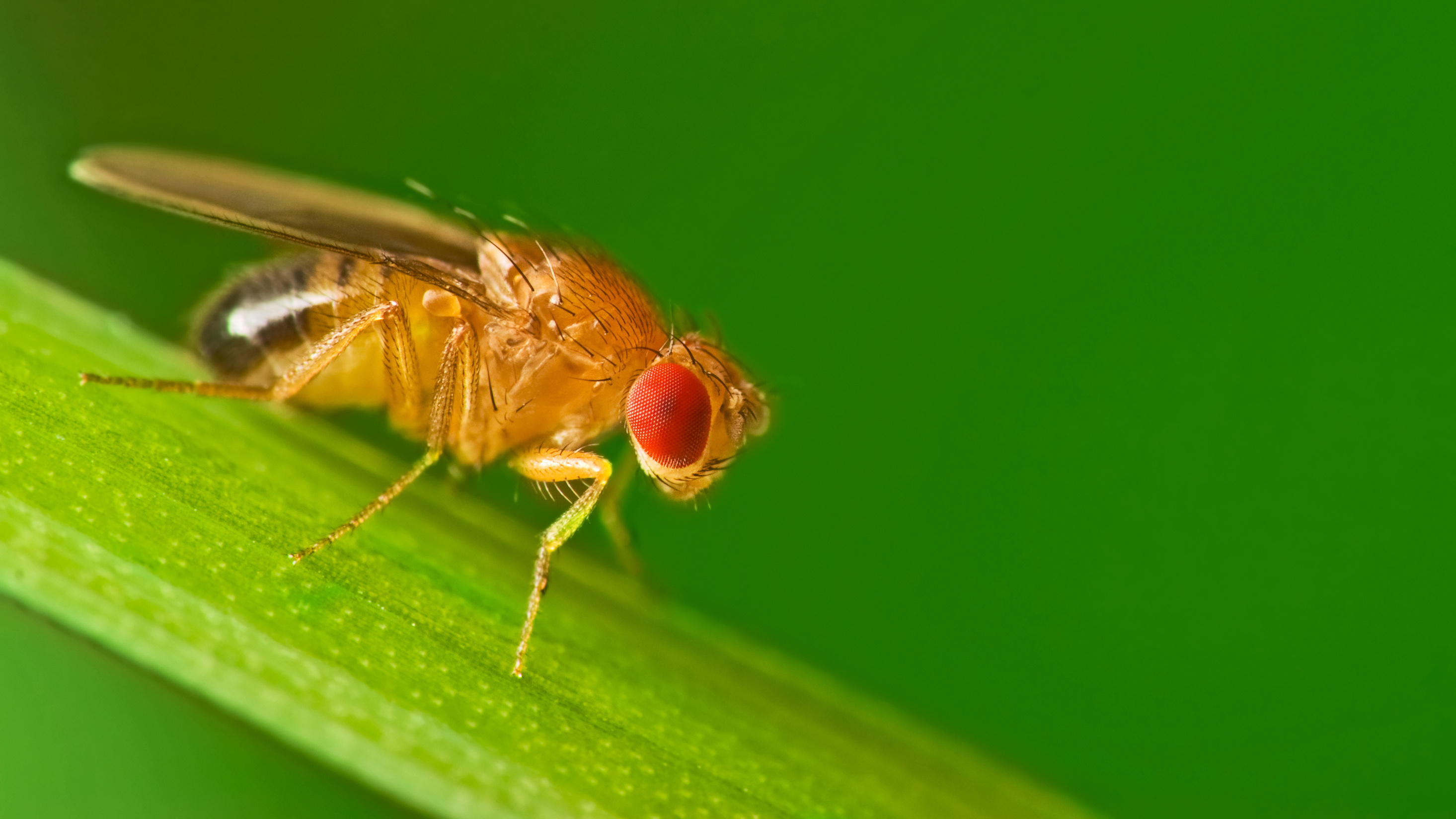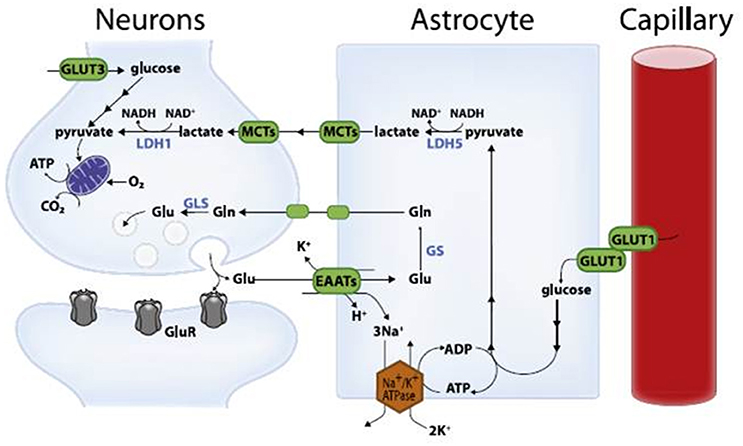neuroscience
The DARPA-funded memory prosthesis helps the brain retain new information.
The findings of a recent study may help explain why some people are quicker to forget fearful memories.
Fiona Broome remembered Nelson Mandela dying in prison in the 1980s (he didn’t). Oddly, many people had the same false memory.
People think that unhappiness causes our minds to wander, but what if the causation goes the other way?
A key question is how to keep that relief going without relying solely on repeated ketamine infusions.
Talking to yourself seems to yield real benefits, from boosts in cognitive performance to improved emotional regulation.
The recipe for a perfect date night: a rom-com, a bowl of popcorn, and a syringe of testosterone — at least for gerbils, anyway.
Fluphenazine, once used to treat schizophrenia, is capable of blocking a compound connected to chronic pain.
The separation of conjoined twins is fraught with stomach-churning biomedical and ethical challenges.
These salamanders are helping unlock the mysteries of brain evolution and regeneration.
Creativity and achievement require balancing hard work with the restful power of calm.
One tiny change might have made a huge difference.
We also don’t know how Tylenol works. But it does work.
For many people, a challenge to their worldview feels like an attack on their personal identity.
When we feel sick, it’s not just the pathogen to blame. Our brain cranks up the temperature, and the neurons responsible finally have been found.
What creates our private, inner universes is still a mystery.
Enlightenment is a traditionally mystical and slippery concept, but when it is subjected to the rigors of empirical analysis, there is a lot to be learned about our brains and ourselves.
▸
10 min
—
with
The brain is highly plastic — the more we do a particular action, the more we change its makeup. Money is a great motivator for habit-forming actions.
But don’t buy your own brain zapping machine, yet.
Alzheimer’s disease is frightening, but the right combination of lifestyle choices can reduce your risk.
A clever neuroscience experiment shows that the “other-race effect” is likely due to a lack of experience and perceptual expertise rather than racism.
Cognitive fatigue results from thinking too hard and long. Neuroscientists now believe they know why this occurs.
You open an app and start scrolling, then suddenly it’s an hour later. Sound familiar?
Uploading your mind is not a pathway to immortality. Instead, it will create a possibly hostile digital doppelgänger.
Long thought incapable of regenerating, we now know that brain cells can grow and reorganize. That, it turns out, is a mixed blessing.
Your subjective experience might not end the moment your heart stops, research on near-death experiences suggests.
When you imitate the speech of others, there’s a thin line between whether it’s a social asset or faux pas.
Patients with amygdala damage rejected the widely accepted answer to the infamous “trolley problem,” saying that it “hurts too much.”
Turning off a gene called “Myc” has a surprising effect in male fruit flies: They start courting other males.
For over three decades, toxic proteins were believed to cause Alzheimer’s disease. However, recent studies suggest it might be metabolic reprogramming.
